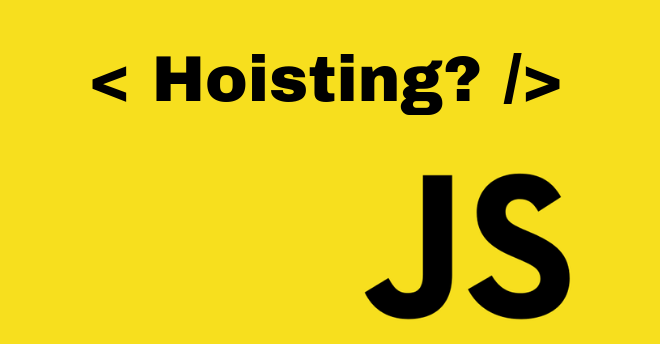Hoisting : Functions vs Function Expressions
 Sridhar Murali
Sridhar Murali
Hoisting
Hoisting is a concept where variable and function declarations are moved to the top of the current scope during the compilation phase.
Function Hoisting in JavaScript
In JavaScript, function declarations are hoisted, meaning you can call the function before it is defined in the code.
sayHello(); // ✅ Works fine! Output: "Hello, world!"
function sayHello() {
console.log("Hello, world!");
}
🔹 Why does this work?
Function declarations are hoisted with their full definition to the top of their scope.
So, even if the function is written later in the code, JavaScript already knows about it.
Function Expressions Are NOT Hoisted
However, if you assign a function to a variable (var, let, const), only the variable is hoisted, not the function itself.
sayHi(); // ❌ TypeError: sayHi is not a function
var sayHi = function() {
console.log("Hi there!");
};
With let or const:
sayBye(); // ❌ ReferenceError: Cannot access 'sayBye' before initialization
let sayBye = function() {
console.log("Goodbye!");
};
letandconstdo not initialize their variables at the time of hoisting.The function remains in the temporal dead zone (TDZ) until the declaration is encountered.
Subscribe to my newsletter
Read articles from Sridhar Murali directly inside your inbox. Subscribe to the newsletter, and don't miss out.
Written by

Sridhar Murali
Sridhar Murali
Passionate Frontend Engineer with over 4.5 years of experience in frontend development and a strong previous experience in Quality Assurance of 4 years (2016-2020). Skilled in building responsive, high-quality applications using JavaScript frameworks like Ember.js and React.js, combining meticulous attention to detail from a QA background with a commitment to delivering seamless user experiences. Recognized for writing efficient, accessible code, strong debugging skills